The link between food and cancer has been an inseparable part of oncological research since long ago.
In fact, an American Cancer Society (ACS) study on nutrition and physical activity confirms the well-known adage—you are what you eat. Subsequently, foods packed with anti-cancer properties can have a deep impact both as prevention and as treatment of cancer.
But, what is the right food? The abundance of information, some accurate and some erroneous, makes it hard to distinguish truth from shady endorsements. Before anyone makes drastic changes to their diets, it’s important to look into scientific research done in the field.
The following list introduces thirteen different foods proven to possess nutrients that protect healthy cells and ward against malignant ones.
1. Beans
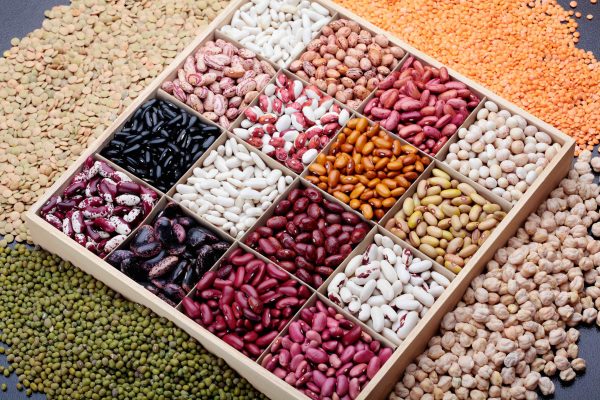
It would take a whole separate article to list all the benefits legumes provide in the battle against cancer, but it all comes down to one thing— dietary fiber.
And beans, specifically, are the fiber-packed champions.
Studies show that regular intake of dietary fiber could protect against colorectal cancer, and reduce it’s risk by as much as 40 percent.
But beyond prevention, beans are also effective aids in the fight against existing cancer cells. A study on rats confirmed that regular consumption of black and navy beans decreased the development of induced cancer cells by an astonishing 75 percent.
2. Allium Vegetables
Allium is a plant genus that includes well-known species like onions, garlic, leeks, shallots, scallions, etc.. Other than being staples in worldwide cuisine, allium vegetables are also known as effective anti-cancer foods.
Regular consumption of allium plants could reduce the risk of gastric cancer and prostate cancer, thanks to their high anti-tumor effects.
Allicin—a major component of freshly crushed garlic—has been shown to inhibit the development of breast, endometrial, and colon cancer cells. Likewise, onions have high levels of quercetin, a notorious anti-oxidant, anti-tumor, and anti-inflammatory flavonoid.
3. Berries
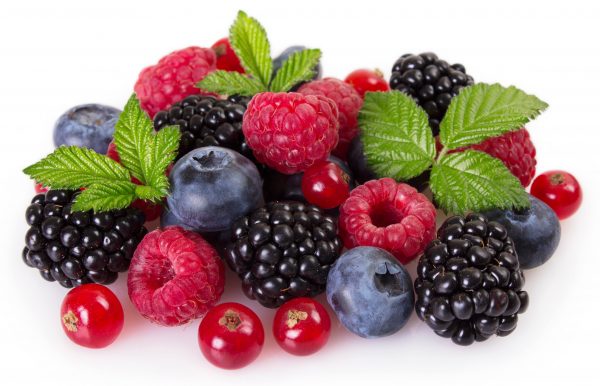
Berries possess an endless source of health benefits. For starters, they are rich in vitamin C and fiber, well-known aids against cancer.
Their biggest benefit, however, comes from their extraordinary levels of antioxidants. Ellagic acid has been proven to have strong anti-carcinogenic effects, while their high anthocyanin levels have colorectal-cancer-preventive properties.
In fact, eating berries frequently reduces the proliferation of malignant cells, protects DNA from damage, and provides anti-inflammatory benefits.
4. Tomatoes
Tomatoes have high levels of carotenes, particularly the famed lycopene—responsible for its distinctive color and anti-cancer properties.
Multiple studies have confirmed that lycopene, readily available in tomatoes, reduces the risk of prostate, lung, and stomach cancers. Another highlight of tomatoes is that cooking them does not diminish their health benefits—sauces and other tomato-based products display the same positive results.
5. Flaxseed
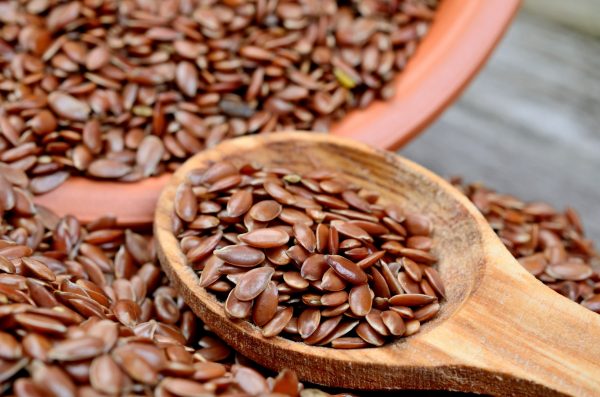
The American Institute for Cancer Research includes flaxseed as one of its top foods that fights cancer—not without reason.
One of the most prominent components within flaxseed is lignan. Multiple studies have shown a link between flaxseed’s lignans and breast cancer, as they decrease malignant cell growth. In postmenopausal cases specifically, flaxseed consumption showed decreased breast cancer risk.
Men can also benefit from the consumption of flaxseeds—experiments discovered that the seeds can protect men from prostate cancer.
6. Fish
There is an undeniable link between fish consumption and cancer prevention. Studies have linked regular ingestion of fish with a reduced risk for multiple types of cancer, particularly those associated with the digestive tract.
Cold-water fish such as salmon and mackerel are rich in omega-3 fatty acids. These healthy fats are known to provide multiple health benefits—including anti-cancer properties. In particular, regular fatty fish consumption reduces the risk of developing prostate and breast cancers.
7. Cruciferous Vegetables
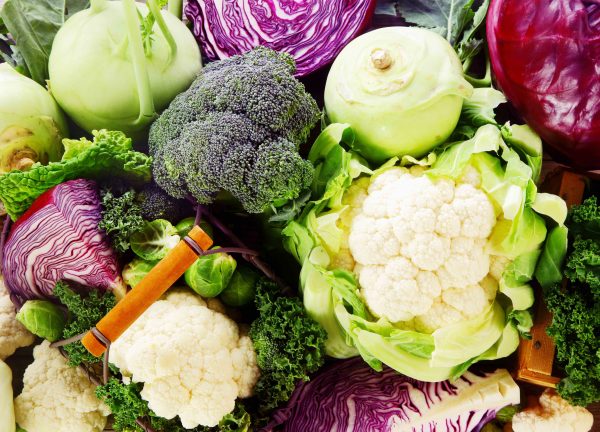
The cruciferous family is composed of some of the most commonly known vegetables: broccoli, cabbage, kale, radish, cauliflower, and many more.
Rich in nutrients, they boast high levels of carotenoids, folate, minerals, and vitamins. But perhaps their most important component is a group of sulfur-containing chemicals—they give them their signature pungent taste and help decrease cancer risk.
Research on the benefits of cruciferous vegetables is extensive and has discovered its properties against prostate, lung, colorectal and breast cancers.
8. Grapes
Grapes and grape juice are rich in a component called resveratrol—well-known for its antioxidant properties. It has also been discovered that resveratrol slows down cancer progression and even reduces the size of tumors.
While the grape itself has plenty of benefits, most of the potential anti-cancer properties lie within the seeds and the skin. Derivatives of grapes, such as raisins and wine, have also been shown to contain resveratrol, and remain strong anti-cancer foods.
9. Black rice
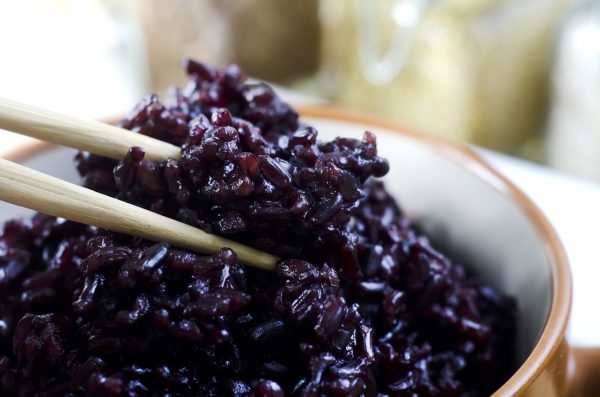
Recently hailed as an anti-carcinogenic superfood, black rice’s reputation is well-earned.
As a whole grain, black rice is full of fiber, known to be highly beneficial against colorectal cancer. Likewise, and similar to the previously discussed berries, black rice is overflowing with anthocyanins—an antioxidant with strong anti-tumor properties.
Specifically, black rice anthocyanins suppress metastasis in specific cases of breast cancer according to multiple studies dedicated to the subject, making it an affordable alternative to more pricey antioxidant sources.
10. Turmeric
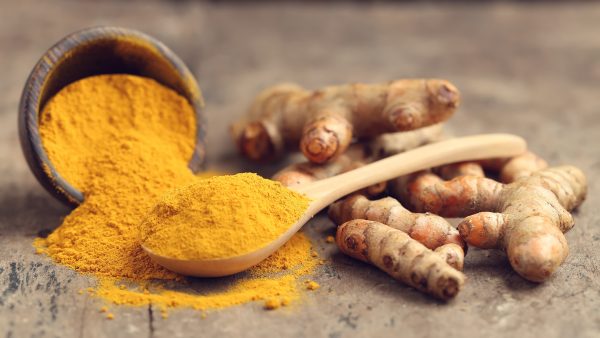
Turmeric is a member of the ginger family and one of the most popular spices used in Asian cuisine, like in the quintessential curry powder. Its main active ingredient is curcumin, a well-researched anti-carcinogenic chemical.
Multiple studies have demonstrated curcumin’s efficacy in the killing of tumor cells without damaging healthy ones, particularly in certain cases of esophageal cancer.
Even more impressive, research has consistently proven that regular consumption of curcumin during chemotherapy and other cancer treatments can dramatically increase their efficiency, mostly because of its antioxidant and anti-inflammatory properties.
11. Carrots
Considered by the American Institute for Cancer Research as a magnificent anti-cancer food, carrots’ health benefits are almost as well-known as its trademark orange color.
High levels of alpha-carotene and beta-carotene that are found in carrots are irreplaceable health champions, as carotenoids are essentialin the prevention and treatment of malignant cells.
But the anti-cancer benefits are not limited to the carotenoid component—regular dietary consumption of carrots could diminish the risk of prostate, gastric, and even lung cancers—proving it to be one of the most versatile and healthy foods available.
12. Dark Green Leafy Vegetables
The American Institute for Cancer Research also lists dark green leafy vegetables as indispensable allies in the fight against malignant cell growth.
Rich in carotenoids, fiber, and folate, these superfoods are bursting with antioxidants that aid in the protection against tumors.
However, each one of them features different and unique properties worth exploring—spinach has been proven highly effective against pancreatic cancer, mustard greens fight colon and lung cancers, and Bok Choy is a rich source of selenium, considered essential in the prevention of breast, esophageal, gastric, prostate, and lung cancers.
13. Mushrooms
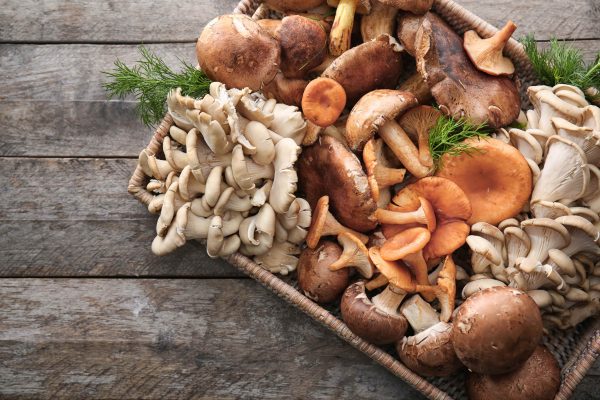
Last but not least, edible fungi— also known as mushrooms—are hailed as miraculous anti-carcinogenic foods.
This claim is not senseless. Extensive research has confirmed that over twenty different mushroom types have extensive anti-tumor and anti-microbial properties, while at the same time they stimulate the immune system’s response to cancer cells.
Reishi (or Lingzhi) mushrooms, particularly, have displayed incredible effects in the healing process of lung cancer, while continuous intake of the Chaga mushroom serves as a noteworthy tumor suppressant.
Disclaimer: This article is for informational purposes only and is not a substitute for professional medical advice.
Kristina Pentchoukova contributed to this article






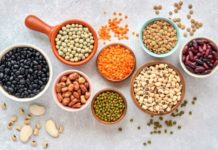




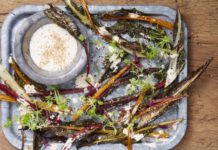

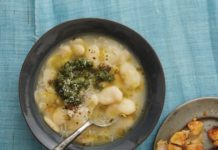
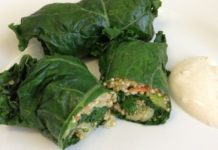






web site indexletme işlemi.
Comments are closed.